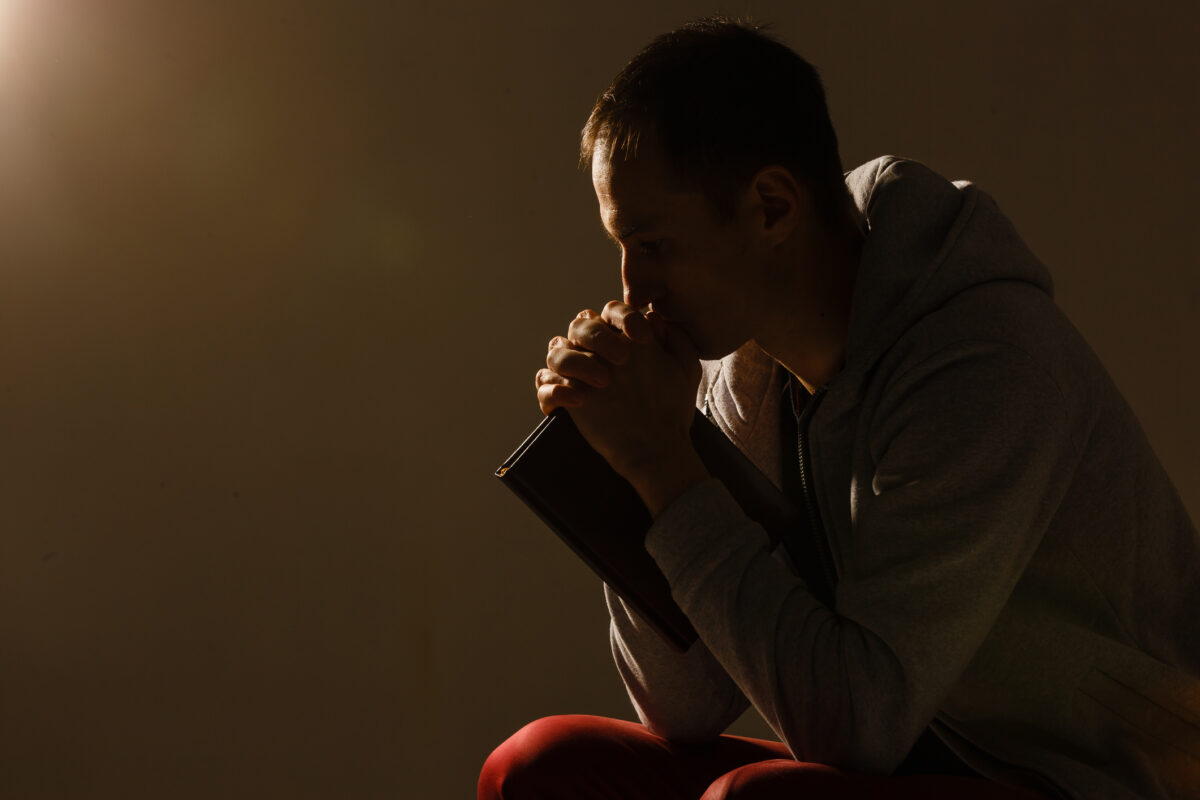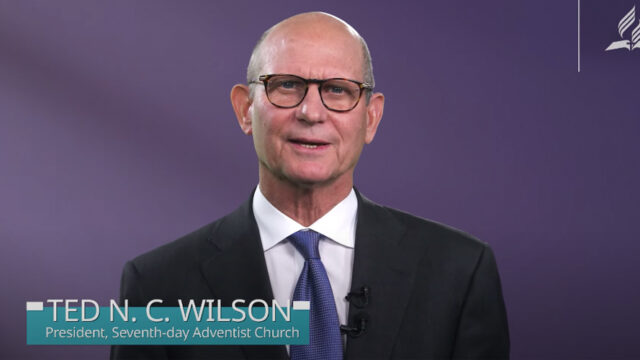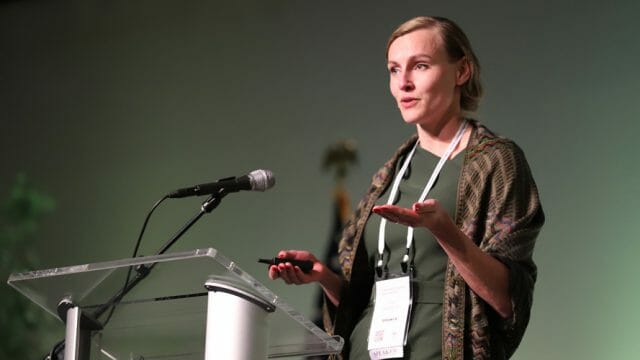Racism infects us at the core.

Conversations about race and racism in the church can be difficult. Some members argue that the topic is too “political” or that, in Adventism, since we are ardent about the separation of church and state, an honest discussion about racism is too unspiritual for the church setting. Hearing a pastor preach about the evils of racism or protesting against it on social media can also cause some members to squirm and quietly—or not so quietly—murmur, “We don’t need to talk about this here.”
Racism: Loud or Muted
So why is race seemingly singled out as being too political for church conversations? Maybe it’s just a comfortable way of getting out of an uncomfortable discussion. More specifically, maybe it’s because racism carries the stigma of immorality for the person holding it within. When we hear the term racism, we may think of what I call “loud racism”: the Holocaust; the United States’ dark history with slavery; horrific crimes committed against Black Americans by persons wearing white hoods and burning crosses. The majority of our church has no problem condemning these acts of violence, but talking about racism in a more personal setting is something else altogether.
The thing is, when racism is talked about openly in the church, one can see why there is so much discomfort if one’s only concept of it is the “loud” construct. As an African American pastor, I’ve heard a few things, often along these lines: “Just because I’m white, doesn’t mean I’m racist.” Or, “I would never do what my ancestors did, so can we just stop talking about this?” “Why am I feeling guilty for a crime I didn’t commit, and never would commit?”
Racism, however, may simmer so quietly that it can exist without much notice, because it just is the norm. These experiences are often referred to as microaggressions.
The Spiritual Reality
Racism is defined as a system that advantages one race while disadvantaging another, based on the belief that the advantaged race is superior. It’s so pervasive that it can be as minute as an afterthought, as much a part of your existence as oxygen. And that’s why I say racism, at its core, is a deeply spiritual problem. As a church, we’re charged to see what may seem invisible, good and evil. Racism demands our spiritual bifocals and our attention.
We could use the counterargument in Adventism that our multiethnic churches are a wonderful example of our diversity and harmony in a spiritual setting. But, though we may have bits of color sprinkled throughout our congregations, our church’s history and present-day climate can speak to another unpleasant reality. Microaggressions can still be felt in our churches, even when completely unintentional, from the pulpit to the pew.
I’ve had the privilege of preaching in hundreds of Adventist churches all around the world. As diverse as our world church appears on paper, the majority of our churches remain segregated—not only by geographical coincidence but often by personal choice. Given the choice of where to worship, churchgoers may travel past several churches that are nearer to their home in order to attend a church where the majority is of their ethnicity. Though this should not always be cast in a negative light, it’s troubling when those choices are primarily based on avoiding racial discomfort.
Jesus’ Samaritan Trail
I believe Jesus intentionally chose to walk through Samaria one day, stopping in a town called Sychar to get a drink of water. He was fully aware of the racial tension that existed between the Samaritans and the Jews. The people groups shared common ancestors, but they harbored racist attitudes toward one another, seeing themselves as superior to the other. The Saviour’s conversation with a Samaritan woman at a well underscored this racialism. After perceiving Him to be a prophet, the woman countered, “Our ancestors worshiped on this mountain, but you Jews claim that the place where we must worship is in Jerusalem” (John 4:20, NIV).
“Woman,” Jesus replied, “believe me, a time is coming when you will worship the Father neither on this mountain nor in Jerusalem. . . . A time is coming and has now come when the true worshipers will worship the Father in the Spirit and in truth.” Though Jesus was clear that salvation would come from the line of Judah, the fact that He dared to decentralize worship from both Jerusalem and the Samaritans’ holy mountain was an attack on the great racial divide in a way many miss today when reading this story. Today His statement might be viewed as a frontal assault on all nationalism, ethnic religion, and identity politics.
Making It Right
Jesus defined a new race of worshipers who would be united by the Spirit. The church would be set free by truth and guided by revelation. To unpack that for modern-day understanding: we can’t avoid the truth, and we must talk about and listen to this topic no matter how difficult the conversation. We must talk truthfully about racism until it is no longer uncomfortable and we see systemic changes. We should talk about racism until we truly understand what it means to worship in Spirit and in truth. We should talk about racism until disadvantaged communities know and feel their lives matter—not just to Jesus but to everyone belonging to the body of Christ.
Then and only then will Paul’s declaration ring true: “There is neither [Black] nor [White], neither [marginalized] nor [privileged], nor is there male and female, for you are all one in Christ Jesus” (Galatians 3:28, NIV).
Racism is a deeply spiritual issue. And we as a church need to make this issue right on this side of eternity if we truly want to bear the image and character of God, now and forever.








